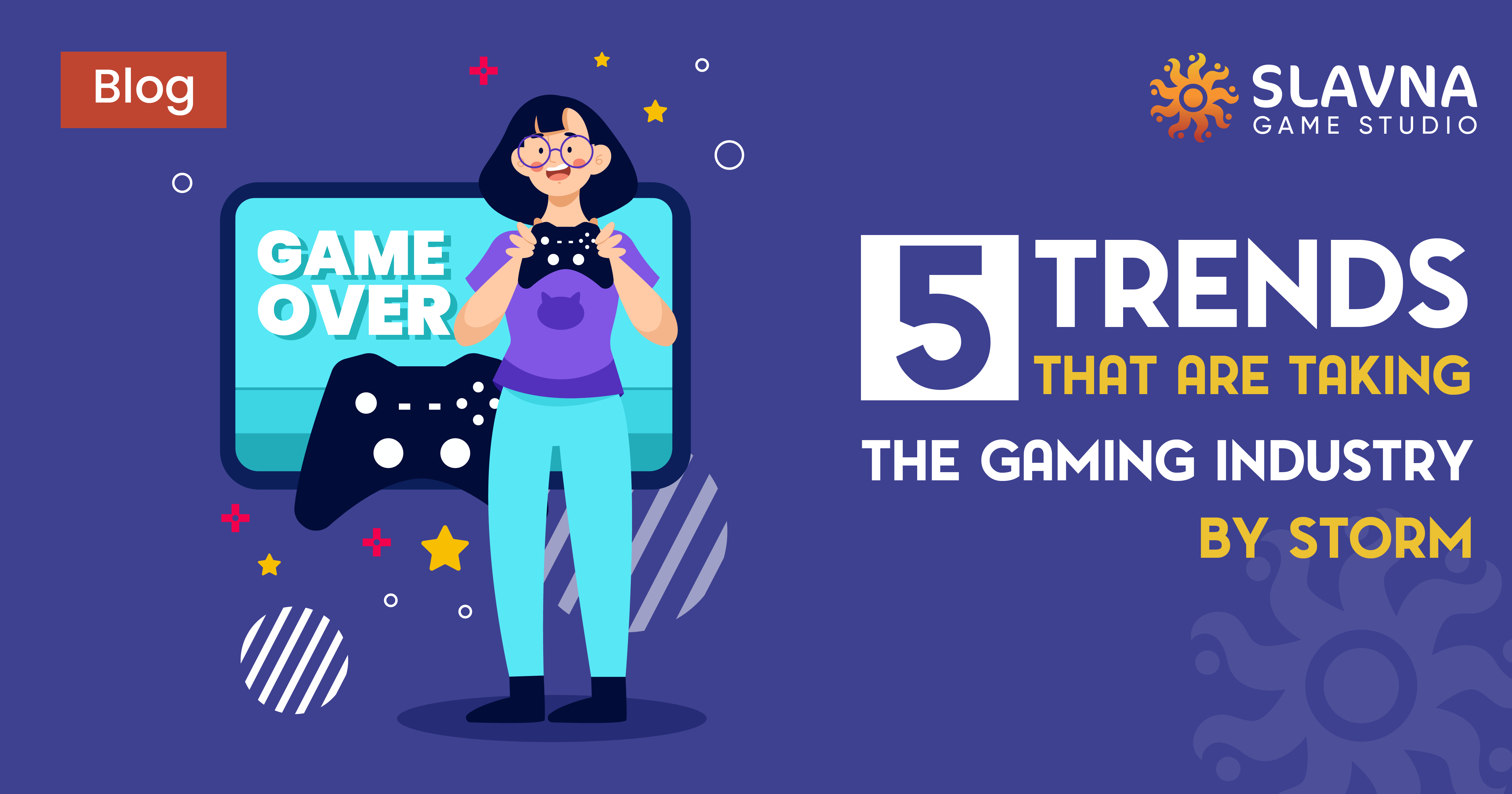Video game design companies have been in business for decades, working thrill into the lives of gamers, albeit momentary. Their evolution began from computer games, console games to the fierce interactive social gaming experiences we enjoy today. From the perspective of a game development company, we have come far from pixelated screens and dismal sound systems to life-like social gaming that brings together individuals over fun virtual activities. By 2022, gaming marketing will generate around $196 billion in revenue.
However, over the years, the process of video game creation has grown more complex, leading to a steep rise in the cost of creating fun social games and gambling games. What seemed formerly unthinkable, businesses today are investing millions in video game development in a quest to reap profits.
Cloud Gaming/Gaming-as-a-service
Radical advancements in the cloud gaming ecosystem have enhanced the gaming experience and cast a positive influence on the growth of the Gaming-as-a-Service market. Cloud gaming involves the storage, hosting, rendering, and execution of a game from a remote server in the cloud. Cloud gaming is hosted entirely in data centers and delivery networks, eliminating the need for downloads and transforming a user’s device into, essentially, a connected high-resolution terminal, with tangible benefits for both player and provider. Leaving the heavy lifting for the server, allows a user’s device to just receive streaming video or audio and send input commands. The cloud gaming technology facilitates any-device gaming, click-to-play simplicity, less hassle, etc. With its recent popularity, Cloud gaming will likely pressurize existing networks for bandwidth and latency, both downstream and up. GaaS is the perfect choice for anyone looking to build interactive social games to interest their target user segment.
Increasing Social Aspect Of Gaming
Technological advancements in the world of games have made them more interactive than ever. Today, a simple internet connection allows gamers to connect globally in a virtual manner. Video game design companies are trying to incorporate a social angle into their games by allowing gamers to interact with fellow gamers in real-time. Social gaming and gambling with real-time interactions are a reality today. Gamers enjoy interacting with other people who have similar interests as them and value the anonymity that these games offer. The thrill of gaming, pride in earning trophies and achievements, and sharing them with friends make online games all the more enjoyable.
High-Fidelity Mobile Games
Mobile games dominate the global games market, but high-fidelity games, in particular, are outshining the league. High-Fidelity Mobile Games feature advanced graphics to facilitate unique experiences on mobile devices. This is what can escalate a gambling experience. Only a game with advanced 3D graphics with high vertex counts, complex vertex and fragment shaders, sophisticated gameplay possibly including AI-controlled characters, and sustained high levels of GPU demand can qualify as HFMG. The High fidelity games deliver a PC-like experience as far as graphics and story plots are concerned.
Video Game Streaming
The game streaming market is expected to register a CAGR of 9% during the forecast period 2020 – 2025. Video game streaming uses the Internet for streaming live gameplay or pre-recorded games. Major companies adopt a fixed revenue model from monthly subscriptions to others. As gambling games interest a user for a longer duration of time, it is the perfect fit for the genre. This growth is further supported by the rise in the digital payment user base. However, the high cost of content creation and lack of awareness is restraining the market growth of video game streaming at present.
Comeback To Full-motion Gaming
A full-motion video (FMV) is a popular video game narration technique that counts on pre-recorded video files instead of sprites, vectors, or 3D models to display the actions in the game. Many popular video games used FMVs as a way to present information during cutscenes and are called interactive movies. Social games can benefit from FMVs and present stellar options to their users.
Conclusion
A game development company thrives on innovation. They try to offer novel experiences to gamers by integrating new technology, new controls, and new experiences. As the world graduates to deeper penetration of mobile phones, streaming services, social and gambling video games will become an important arena for revenues for large tech companies. With the evolution of gamer dynamics over recent years in terms of a larger user base and an increase in demand for immersive entertainment, the future seems bright. As a game development company, exploiting this scenario will boost the business.

